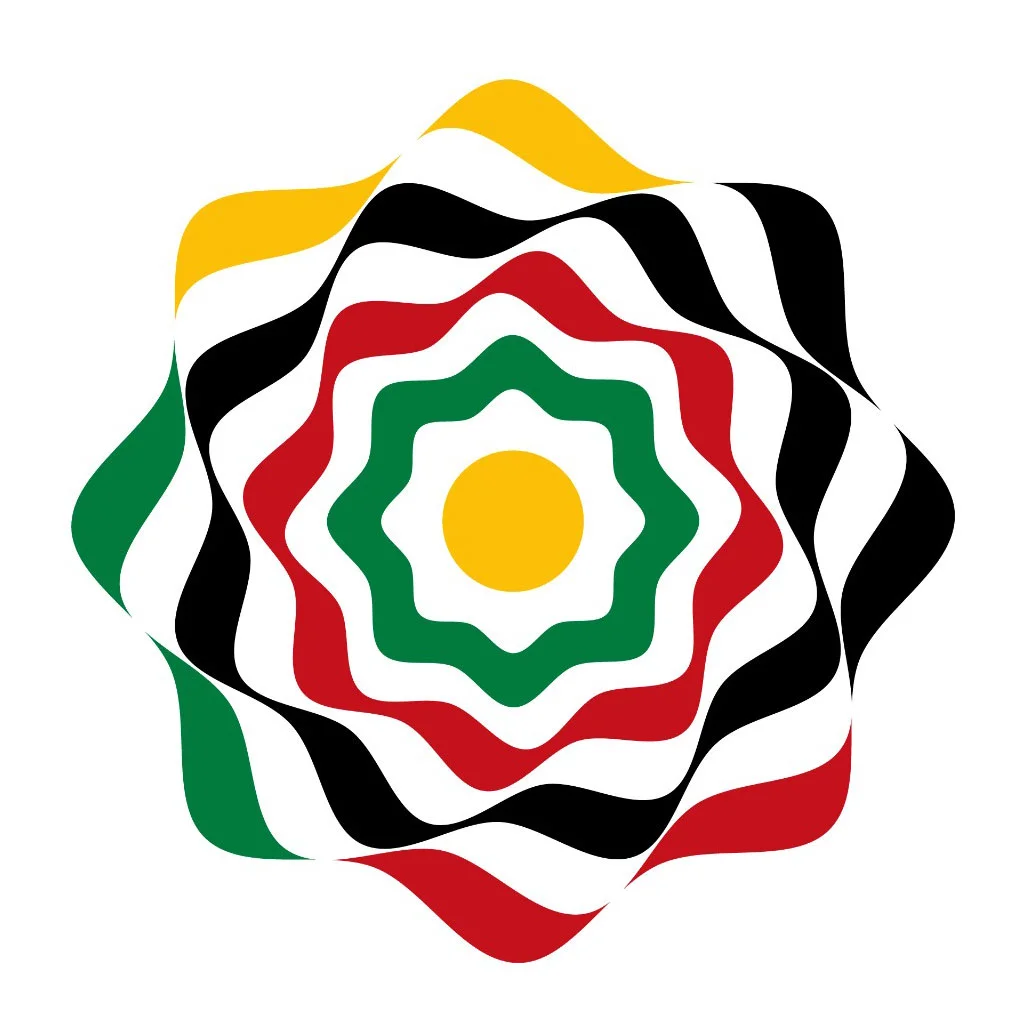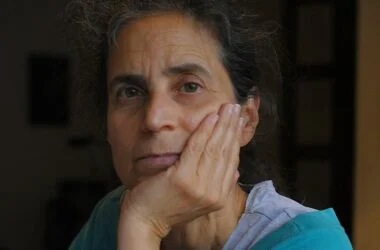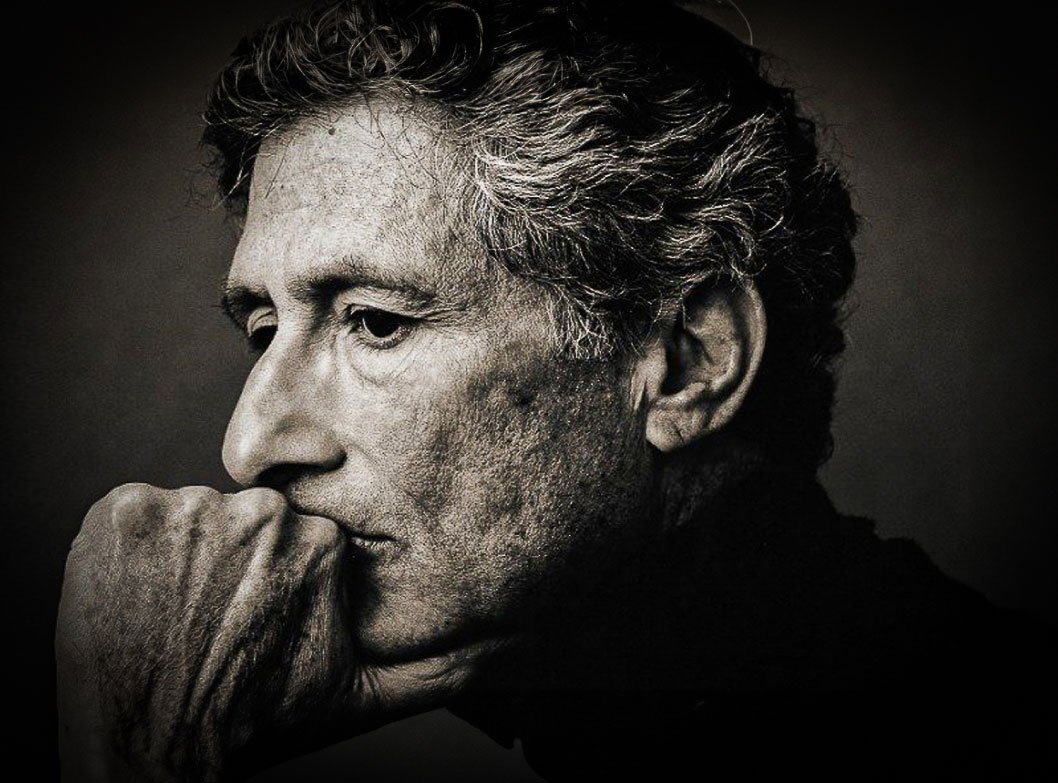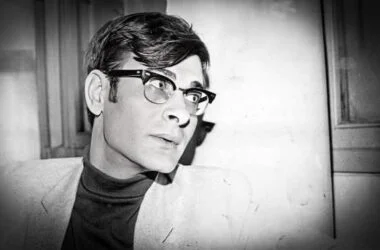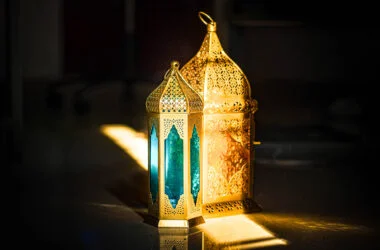Edward Wadie Said, born in Jerusalem on November 1, 1935, into a wealthy family, completed his early education at an elite school in Cairo. Upon his family’s relocation to the United States, he continued his studies at two of the world’s most prestigious institutions: Princeton and Harvard.
His life’s work was marked by an almost seamless integration of two areas into his own life: politics and literature.
His keen critical capacity and strong political commitment reshaped the perception of the East/West duality, challenging established concepts about cultural representation and Western hegemony.
His contradictory life
Said, a dual American and Palestinian citizen, was a migrant with world-class education. He cherished New York, his home, yet grappled with the role of his beloved city as the epicenter of American Zionism.
This unique background enabled him to cultivate a distinct sensitivity to the relationship of power, knowledge, and representation—central themes that permeated his prolific work. In this context filled with contradictions, he personally struggled with the intricate nature of identity, pondering the essence of Palestinian identity, migrant identity, and the merging of political, social, and cultural influences.
Two of his most notable works include “Orientalism” and “Culture and Imperialism,” where he illustrates the impact of cultural empires on the pervasive biased perceptions through which the Western world comprehends Arab and Palestinian populations.
At the heart of this complex and tangled web lies the omnipresent question of power, which is why politics remained one of his foremost obsessions.
His biography significantly showcases his fourteen-year term within the Palestinian National Council, the legislative arm of the Palestine Liberation Organization.
Throughout his life and career, his unique and unwavering dedication to the Palestinian cause set him apart, enabling him to significantly influence the political narrative in the Middle East conflict.
Between Two Worlds
After a lengthy battle, leukemia’s cruel embrace finally ended Edward Wadie Said’ life on September 25, 2003, in the heart of his beloved New York.
In that same year, Edward Said was honored with the Prince of Asturias award. During his acceptance speech, he reflected on his life as a Palestinian born in Jerusalem, noting that: “The creation of the State of Israel in 1948 had a profound impact on my nation’s history and ancestral society, causing them to shatter into pieces”. He also recalled that: “From that moment onward and throughout most of my life, I have actively engaged in a dual mission, to work tirelessly not only to seek justice and restitution for my people but also to maintain the flame of hope for self-determination”.
Said, a man who effortlessly navigated two worlds, the realms of East and West, did so free from guilt or any sense of superiority. His unwavering determination to challenge prevalent narratives and his endless devotion to the Palestinian cause resonate as a somber reminder, even now, illuminating a path for those yearning to dismantle the walls that compel us to remain apart.
